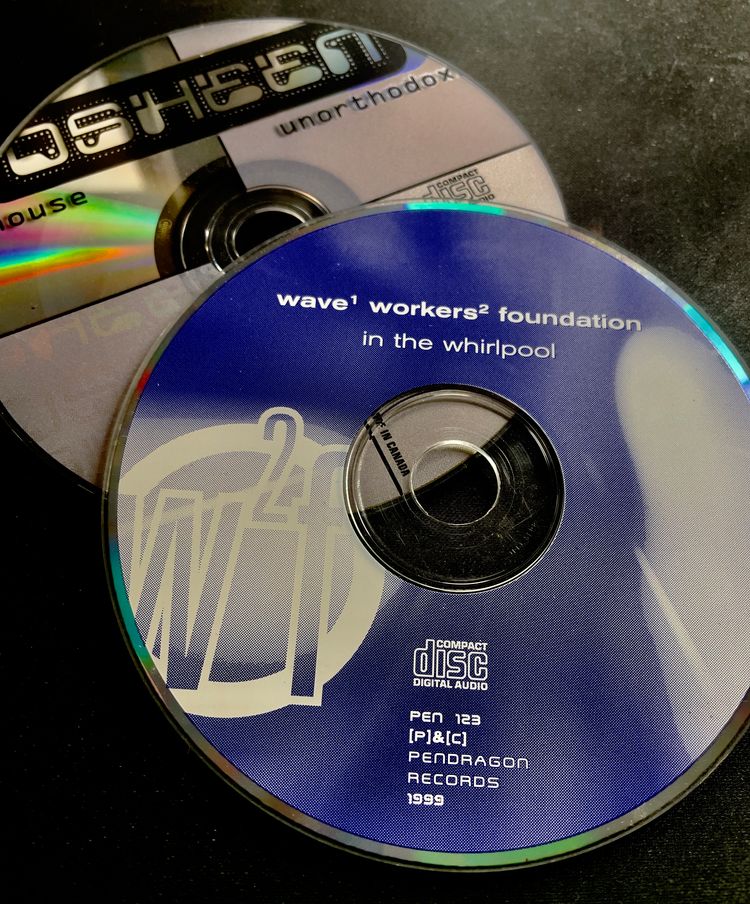Belief
What is the nature of trust and belief?
I’m wondering if evolution has changed how humans think of trust/belief and how we ultimately decide whether we do trust someone or not. In my mind, the beginnings of trust and belief belonged with witnessing the leader of your tribe do an action (like killing an animal for food). The tribesmen would view this action and decide on their own that the leader should continue be the leader. The leader did not need to prove his worth to the others except through his actions, or inactions. The system was basic and had very little room for a wrong decision, at least, on the end of the tribesmen. The leader still had the pressure on their shoulders to provide, but they were able to focus on that goal.
In our modern world, I feel like this trust and belief has been muddied and twisted into a whole other contraption. We no longer get to witness our leaders in action and get to make up our mind about that person. Today, we are fed a constant stream of images, of words, of stories from a large number of sources. The arguments for and against the leader(s) is a “he said, she said” deal, rather than observation from the tribesmen. Whereas in the past, it was the action that was significant and the telling of that action memorable (the story), today it is the opposite: the story is more significant and the action becomes more memorable.
Here’s a few crude examples to prove my point, first from the past, then from the present.
Story A:
Charlie goes up to Bob, in front of a dozen spectators, and stabs him with a knife. Bob dies in front of the dozen people, who bow down in fear of Charlie. They know he can kill people and is powerful. They write stories so we can remember how Charlie behaved that day and worship him. The stories evolve so the action seems even larger than life, that it was destiny, or an act of God that did this to Bob. In the recent future, they will see Charlie and remember that day’s events; the future will remember the stories and preserve Charlie’s history that way.
Story B:
Charlie goes up to Bob, in front of a dozen spectators, and stabs him with a knife. Bob dies in front of the dozen people, who now surround Charlie to get his response to the death of Bob. What his reasoning was, what his future plans are now, etc. They no longer fear Charlie, but want to understand Charlie so they can better place their trust in him. They turn away and tell their stories to the people. People begin to forget that Charlie killed a man, but remember Charlie killed Bob because Bob was a ruthless rapist in the past, and it was his destiny to die at the hand of Charlie. The recent future and the further future forget that Charlie killed Bob in front of all those people, but rather it was a justified murder by Charlie, and that Charlie would never kill again. They remember the layers of information built up on top of the action, not the action itself.
In case you didn’t’ pick up the distinction between the two, in Story A, it was the observers who created the stories; in Story B, it was Charlie creating his own story to sell to the people, despite there having been witnesses. In the past, the general population took a story and let it grow amongst them, while in the present, the people involved are doing the work for them. The exaggeration of a story comes from the people involved, and not in the people just hearing it wrong.
Here’s a more complex and relevant example:
Action we can indirectly observe through cameras and photographs: thousands of American and international soldiers being at war in Iraq.
The layers: Bush says Saddam Hussein has weapons of mass destruction, we can’t trust him, is a major threat to the world, is harbouring terrorists, we went to war to bring democracy to the middle east, to give people a better life, etc.
When we remember this war, or for that matter any war, we will never remember it solely as Bush going to war against Iraq. We will remember it as Bush going to war against Iraq to bring democracy there, or protecting the world from an evil dictator. We’ll remember how much corruption exists in the country, how long it took to accomplish, how much death was lost, but in the end it was a good thing to happen. We’re going to believe that the war was necessary and completely forget the fact that it was a fucking war. No matter what happens in the future, we’ll always remember the layering stories on top of this action and forget what it really was.
Now, why would we allow this to happen in our society? The power structures evolved and grew larger. What was once a tribe leader and tribespeople, has become a king/president, a senate, a parliament/congress, and the people way down at the bottom. The people could no longer see the events that were taking place by their leaders. If the leaders had told the people plainly that, “We attacked a country and won,” the people will start to have visions of what that invasion looked like, felt, and create their own reasons for why it happened, just like in the past – the story growing to support the action. Except, the problem was the people couldn’t see the action so their stories were highly inaccurate and possibly damaging to the leaders/government, etc.
The solution to this was to create a media, a way to get the leader/government’s message out to the people to describe what happened, why it happened, how it happened, etc. The government, in corporation with the media, took away the power of controlling the stories from the people and put it into their own hands. The stories they told were elaborate, and the media supported them, so over time the people became to believe in them.
Gone were the days of deciding whether an action was good or bad. That decision was now being told directly to us and we either believed it, or we went against the government. The government could protect themselves from this dissent by calling out to the rebels that they were aligning themselves with the devil, because they were going against the grain, standing up against the good of the people.
Since this system was to believed in at the higher levels of government, it made sense to the people to accept it at the lower level as well. We could no longer lead by example. We had to explain our actions to everyone around us to protect ourselves, and the others, so people could agree that what we were doing was good. It wasn’t an option to do things on our own and let people make their own decisions. We now had to conform to the higher ideals that were being placed upon our society by government.





